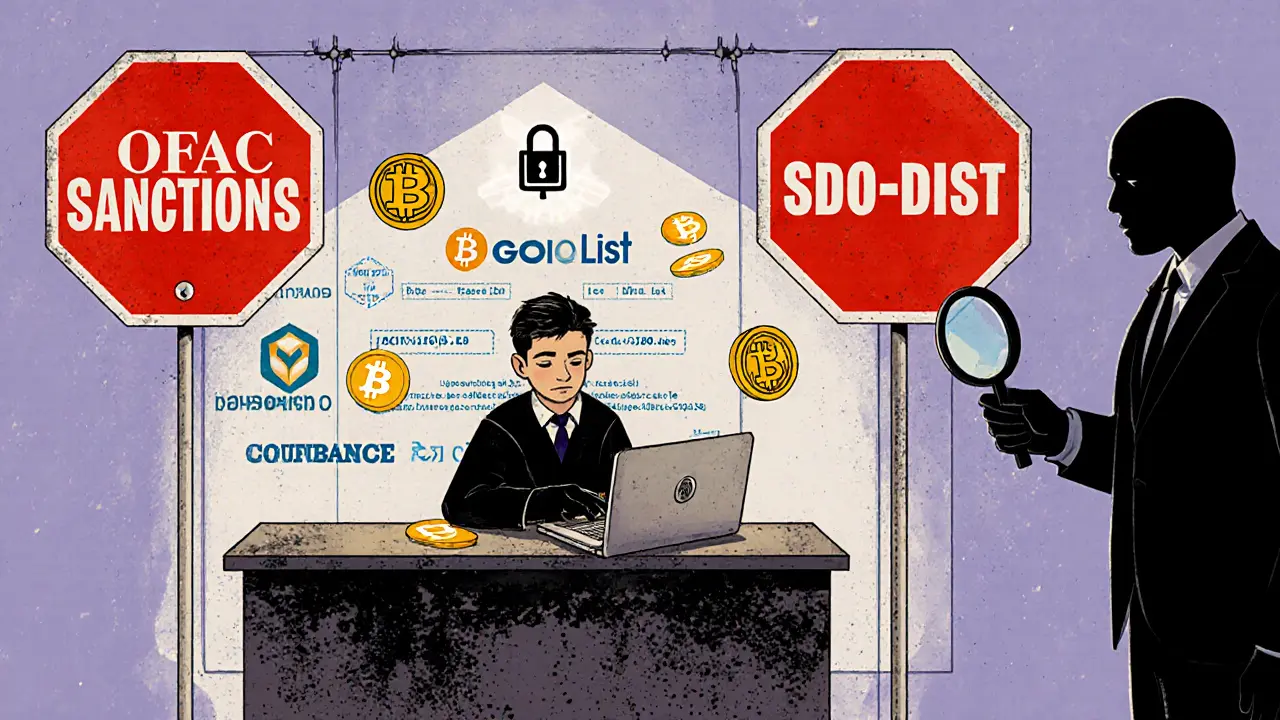Cryptocurrency Exchanges: What They Are, How They Work, and Which Ones to Avoid
When you buy cryptocurrency exchanges, platforms where you trade digital assets like Bitcoin, Ethereum, or niche tokens. Also known as crypto trading platforms, they’re the gateway between fiat money and the blockchain world. But here’s the thing—most people don’t realize how many of these platforms are fake, poorly run, or outright scams. You think you’re trading on a secure site, but you’re actually handing your keys to a ghost company with no team, no regulation, and no accountability.
Real decentralized exchanges, platforms that let you trade directly from your wallet without giving up control of your crypto. Also known as DEXs, they’re safer because you never deposit funds. But even they can be risky if the liquidity is thin or the code is untested. Then there are centralized exchanges like Bitstamp, which keep your crypto for you. They’re regulated, have customer support, and are trusted by millions—but they also get hacked, freeze withdrawals, and charge hidden fees. The difference? One puts your money in a vault you can’t open, the other lets you hold the key. Which one fits your risk level?
And don’t get tricked by names that sound official. TaurusEX isn’t the Swiss fintech Taurus. Coinquista has no verified security practices. CoinRui is dead, and no one’s coming to refund you. These aren’t edge cases—they’re the norm. Over half the exchanges promoted in airdrop ads or YouTube videos are either scams or defunct. If a platform doesn’t show its team, its license, or its audit reports, walk away. You don’t need another meme coin. You need a platform that’s been around long enough to prove it won’t vanish tomorrow.
What you’ll find below isn’t a list of the "best" exchanges. It’s a collection of real reviews, exposed scams, and hard truths about who’s actually running these platforms. Some posts break down how WAGMI works for small trades. Others reveal why GDOGE and FEAR tokens died overnight. You’ll learn why Chinese holders have zero legal protection, why Bangladeshans use bKash to trade crypto illegally, and how MiCA licensing in the EU makes or breaks a crypto business. This isn’t hype. It’s what happens when you stop trusting ads and start asking questions.
OFAC Sanctions and Iranian Crypto Access to Exchanges: How Restrictions Block Transactions
by Johnathan DeCovic Nov 11 2025 24 CryptocurrencyOFAC sanctions block Iranian access to major crypto exchanges by targeting specific wallet addresses and shadow networks. Exchanges face heavy fines for non-compliance, forcing users toward risky P2P and decentralized platforms.
READ MORE
